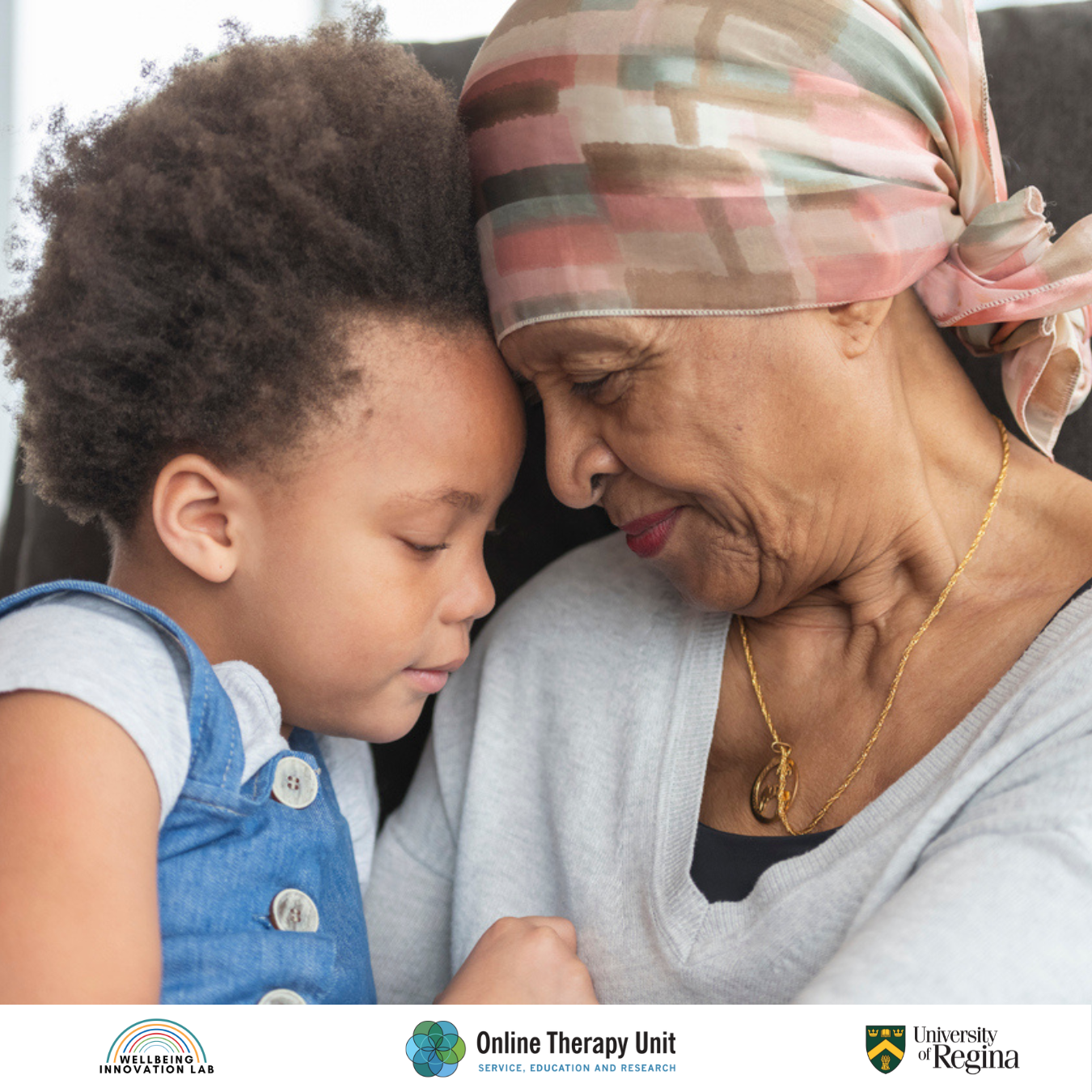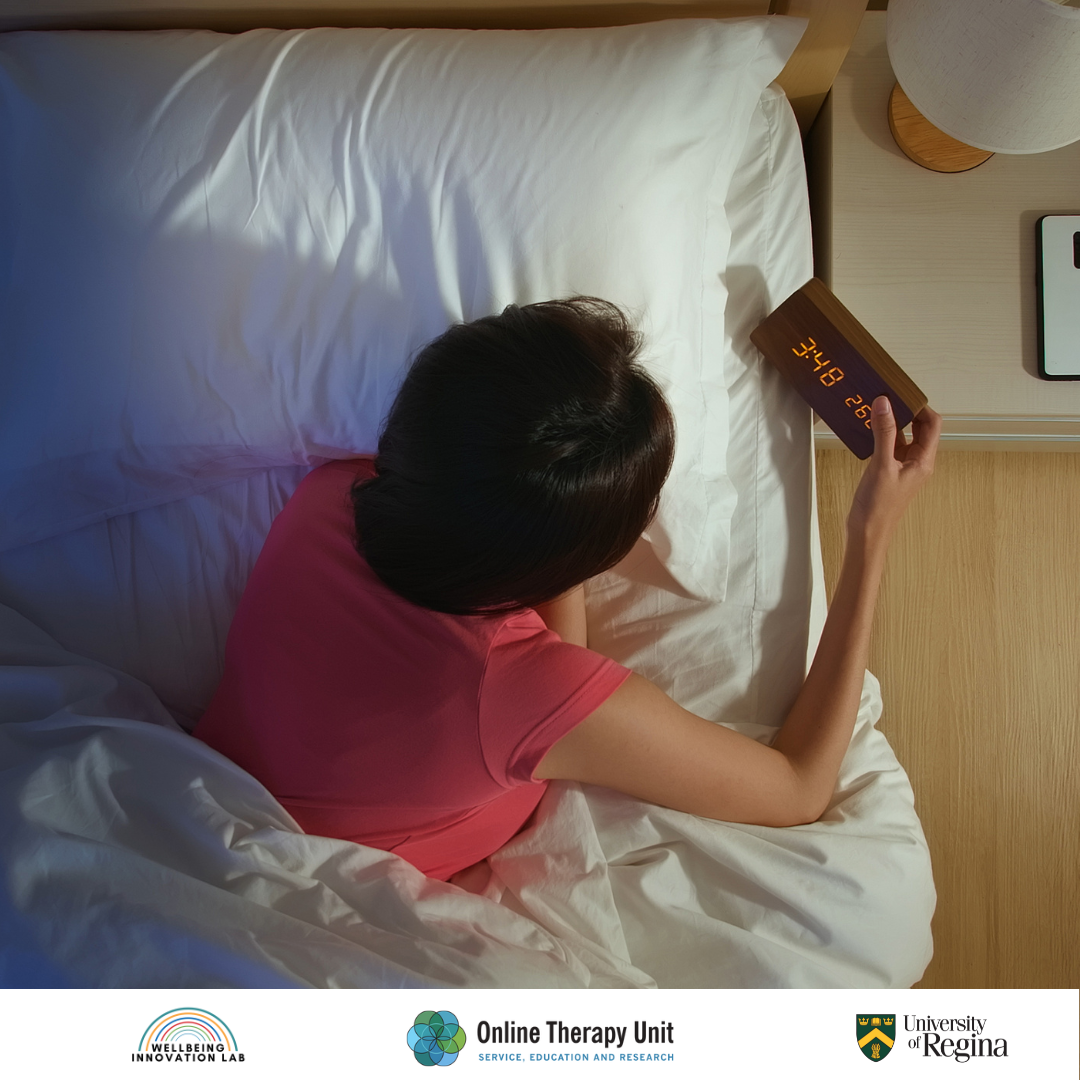A Usability Study of Internet-Delivered Cognitive Behaviour Therapy and Resource Tailored to Agriculture Producers
Masters Thesis Results, Cynthia Beck 2022
Background: Agriculture producers experience high rates of mental health challenges and are less likely to seek or to receive help for mental health concerns than the general population. Internet-delivered cognitive behaviour therapy (ICBT) is demonstrated to be effective for reducing symptoms of anxiety and depression and overcomes many barriers to receiving mental health care. This study assessed the usability of ICBT for Saskatchewan agricultural residents and its impact on symptoms of anxiety/depression, perceived stress, and resiliency.
Method: Saskatchewan residents involved in agriculture (n = 34) participated in the Agricultural Wellbeing Course (AWC), which is an online, five-lesson course providing strategies for dealing with symptoms of anxiety/depression with therapist-assistance. A mixed methods approach was used with measures completed at pre- and post-treatment and a follow-up interview. This study included developing an agriculturally tailored resource and exploring participant perceptions of ICBT post-treatment.
Results: 100% of participants reported that doing the course was worth their time and recommended it to other producers. Overall, their symptoms of anxiety, depression, and perceived stress largely improved, as did their reported resiliency. The agricultural participants had higher rates of engagement and completion than the general population in the Wellbeing Course. Participants spoke to strengths of the course, which included high therapist credibility, cultural appropriateness, and course content. All participants commented on how ICBT overcame barriers for them to access mental health care, including the ease of accessibility, convenience, flexibility, and reduced stigma. Areas for improvement included providing alternative delivery formats and therapist contact options. Challenges to participating included internal barriers (i.e., lack of motivation) and external barriers (i.e., time constraints, priorities). Course impact included improved skills, positive client impact on others and information sharing, improved view of mental health support, and words of advice to others.
Conclusion: Results suggest that ICBT is a usable and effective mental health treatment for the agriculture population and overcomes the many barriers that producers face in accessing mental health care.
Mixed-method Evaluation of an Online Motivational Interviewing Intervention as a Potential Adjunct to Internet-delivered Cognitive Behaviour Therapy
Honours Thesis Results, Cynthia Beck 2019
Background: While Internet-delivered cognitive behaviour therapy (ICBT) can effectively reduce anxiety and depression, not all clients benefit equally from treatment. Motivational Interviewing (MI) can result in behaviour change and, coupled with face-to-face therapy, can lead to enhanced outcomes; however, little research has examined MI as an adjunct to ICBT.
Purpose: The aim of the current study was to evaluate user feedback on a newly developed online MI intervention and to explore the immediate impact of the MI lesson on motivation for change.
Method: Two samples of participants, one with ICBT experience (n = 21) and one without ICBT experience (n = 20), worked through the exercises and watched the videos in the online MI intervention. Pre and post lesson participants reviewed and evaluated the online MI intervention.
Results: Following MI, both samples of participants reported a statistically significant increase in ability to reduce symptoms (p < .0001) and an increase that approached statistical significance in perceived importance of reducing symptoms (p < .052). Furthermore, after completing the MI intervention, participants reported increased confidence in recommending the lesson to a friend (p < .002) and increased belief that the lesson would be successful in helping someone to prepare for ICBT (p < .0001). Examination of ratings of the MI intervention and open-ended comments were positive, with participants recommending to expand the exercises and content to assist with self-reflection.
Conclusion: The current research provides evidence for the face validity of the MI intervention and sets the foundation for research on MI as a potential adjunct to ICBT for improving motivation prior to active treatment.








